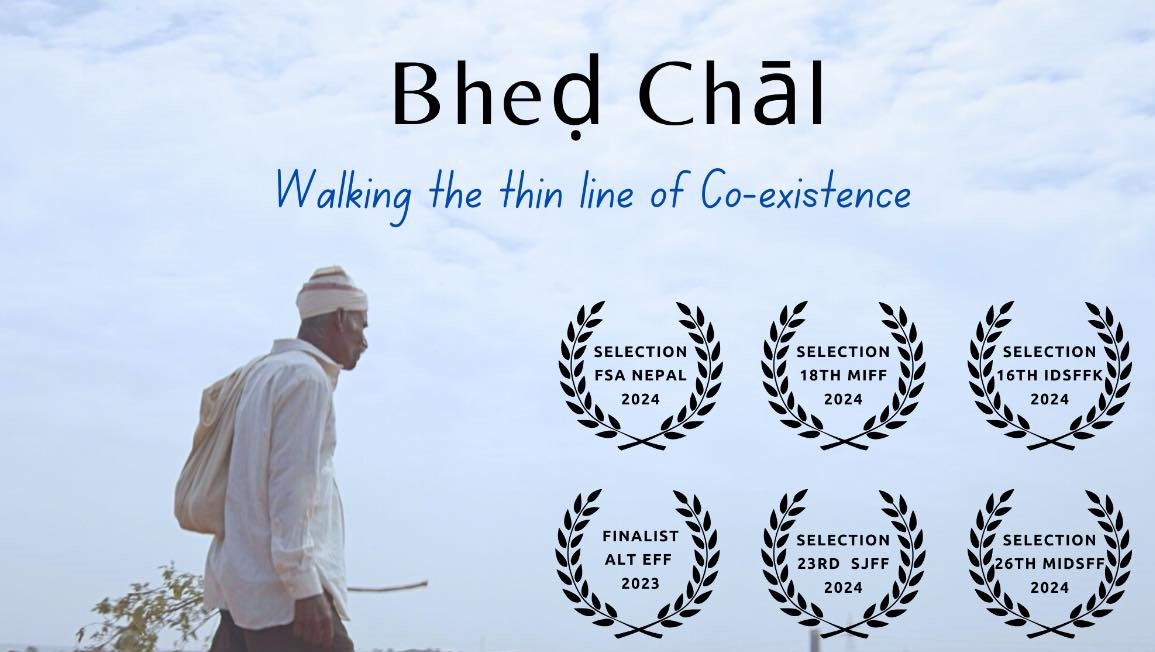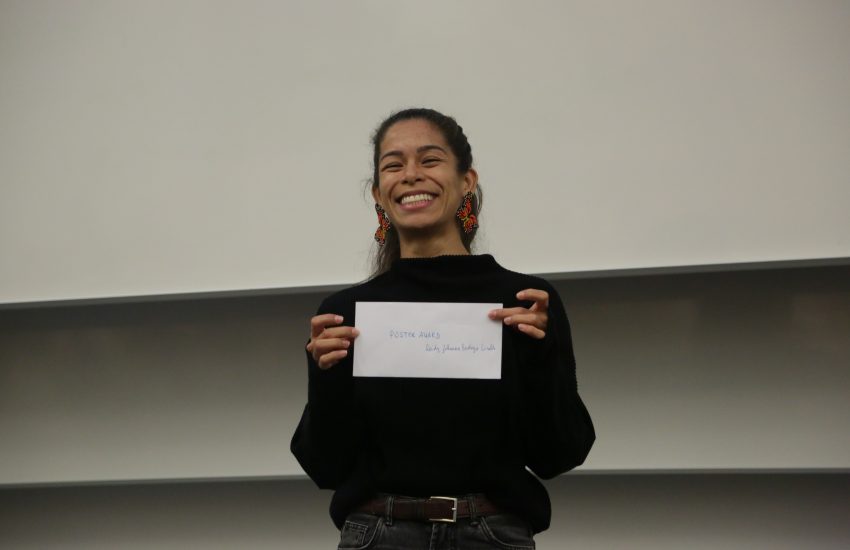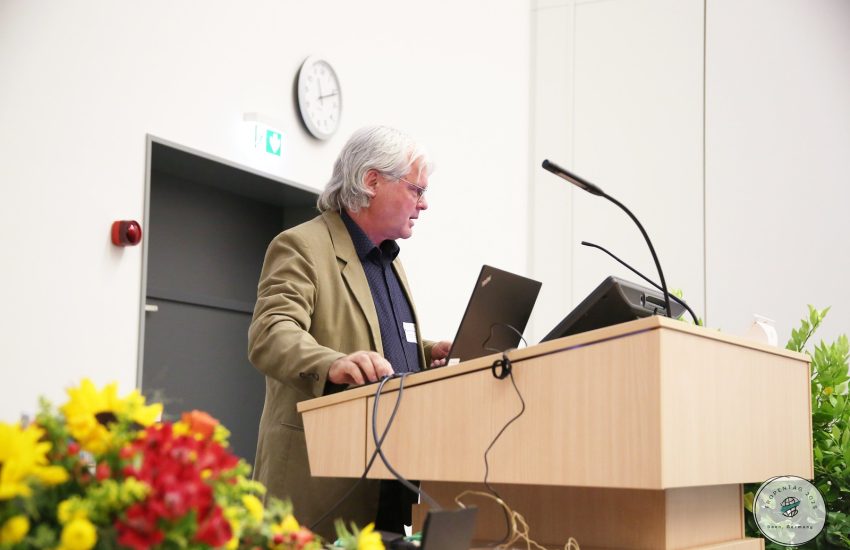Sacred Steps: How India’s Kurba Sheep Herders Nourish Land, Life and Community.
“What is life without purpose?” That is the deep question co-director Anthony Denayer asked us to consider during the documentary screening of ‘’Herd Walk’’. Traditional sheep herders of the Deccan Plateau in Southern India share their perception of purpose through their words of wisdom and through the raw beauty of pastoral life so vividly portrayed in the film. The senses are enlivened by the elements: you can almost smell the soil after heavy rains, or feel the crispness of the night as shepherds gather around their fires to laugh and tell stories.
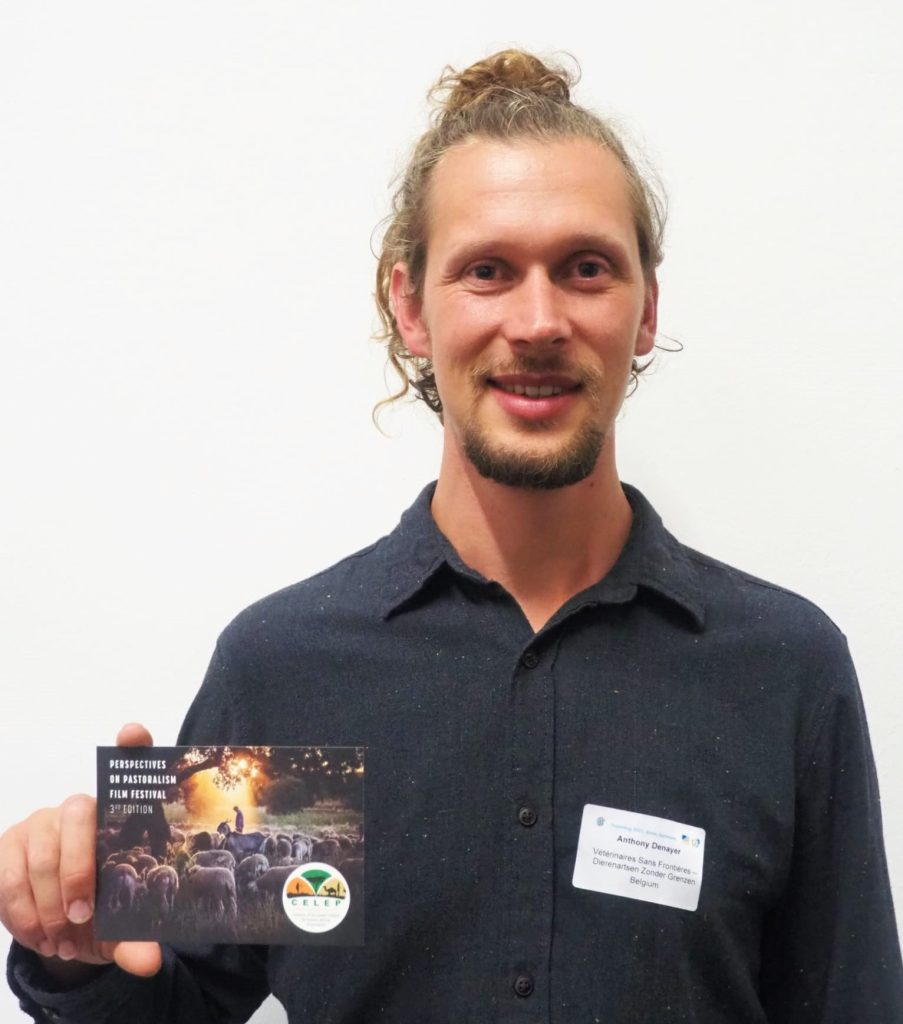
Later, the film shifts to a shepherd in his newly built three‑floor concrete home. To pay for it, he was forced to sell half of his herd. The luxurious home’s main purpose is to ensure his son can marry. His wife, who once lived with him on the open range, expresses her regret at leaving that life and the added financial burden of the house, stating that even though they once had little, they were in control of what they did had, and they had peace. The film guides us through this poignant contrast: an ancient practice now challenged by the lure of modernity, the changing climate, and increasingly barricaded commons.
The film, part of the ‘Perspectives on Pastoralism Film Festival’, opened the Tropentag 2025 conference and fitted perfectly with its theme: “Reconciling Land System Changes and Planetary Health.” The festival aims to create a deeper understanding of how people around the world depend on livestock and their pastoral way of life. More than 50% of the earth’s land surface is covered by rangelands, and roughly half a billion pastoralists make sustainable use of these highly variable environments, supporting two billion people along related value chains.
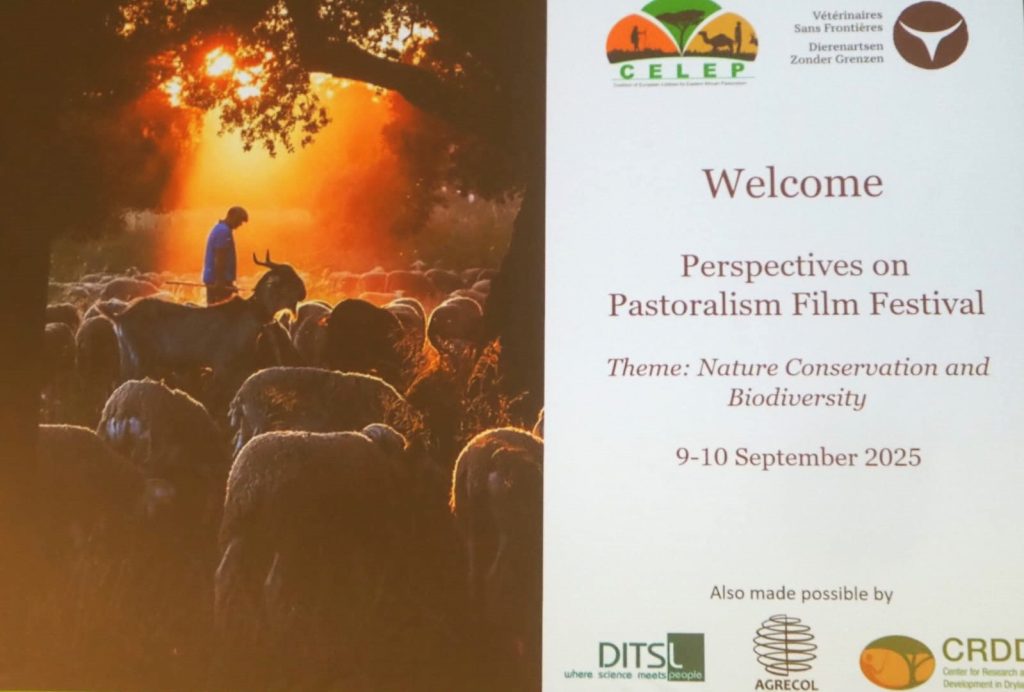
Pastoralists are known by many names -shepherds, nomads, Bedouins- yet they are often misunderstood, and their importance remains understudied. “Sheep have been seen as walking blindly, and the shepherd as mere wanderer,” says Anthony Denayer. The film challenges this view, showing instead the shepherds’ deep wisdom and knowledge of land, nature, life, and purpose.
“The greatest tragedy of life is not death, but life without purpose,” says Kurba shepherd Vajir.
The two Kurba shepherds in the film embody this awareness of purpose. For them, purpose includes the sacred relationships between shepherds, farmers, and the fertility of the land. In return for being allowed to graze, shepherds leave their sheep to rest on fallow farm fields, a mutually beneficial exchange that naturally fertilizes the soil. “Sheep manure stays in the soil forever,” one farmer remarks, contrasting it with the short-lived effects of chemical fertilizers. There is also recognition of the medicinal value of sheep droppings, as sheep graze freely on a wide range of medicinal plants.
”Developing such relationships is wisdom in itself.” notes shepherd Neelkanth Mama.
Shepherding not only sustains livelihoods but regenerates ecosystems. Throughout their movement, sheep are vital for the fertility of the Deccan Plateau.
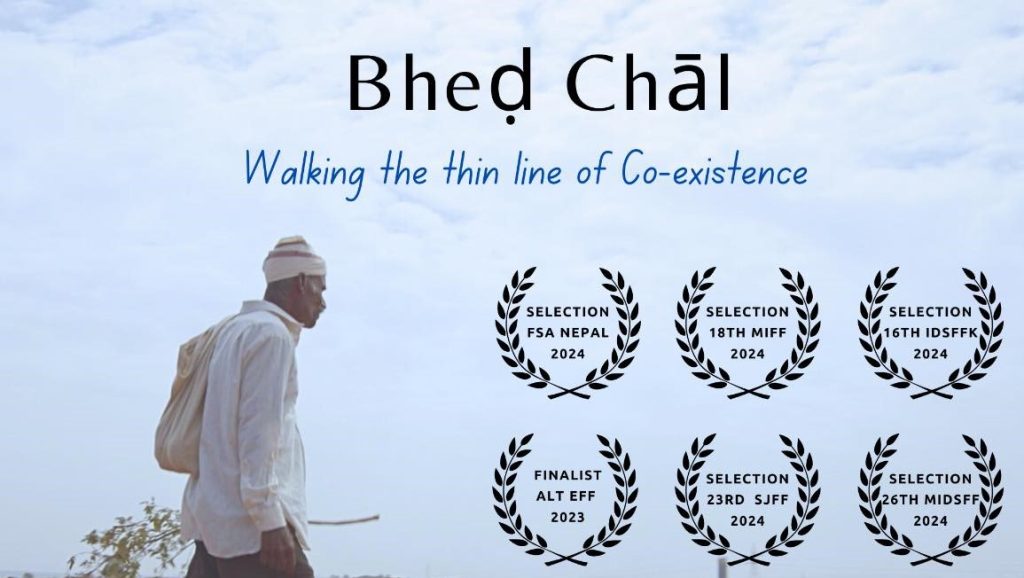
Yet this deeply embedded sacred practice faces serious challenges. Commons that once provided grassland and water are increasingly blocked by highways and other blockages. Forest rangelands are being cleared for agriculture, further reducing grazing space.
Meanwhile, a growing preference for “farm sheep” -pen-fed animals raised on non-native grasses- threatens to displace traditional herding. Though these breeds yield more milk and meat, they cannot replicate the ecological benefits that free-grazing herds provide.
“The land will suffer if there are no more sheep,” warns Neelkanth Mama.
He advocates for the dharmic value of herding, which produces not only higher-quality milk and meat but also manure -the foundation of soil fertility.
“What does the future hold?” the film asks. Neelkanth Mama offers a sobering reflection: “It seems to be what man wants to happen. What nature created shall perish, and what man want shall stay.” He calls upon shepherds themselves to protect their way of life.
”Herd Walk” beautifully conveys the depth of this wisdom, bringing understanding to the importance of shepherds who have walked these paths since time immemorial. With its tender images and honest voices, it calls forth an inspiration to protect what remains.
“The dharma of water is to flow, the dharma of sheep is to graze and the dharma of shepherds is to walk.” — Neelkanth Kurbar
So for the benefit of all, may they keep walking.
The ”Perspectives on Pastoralism Film Festival” is a valuable contribution to the UN designated International Year for Rangelands and Pastoralists 2026. Did you know that you can organize your own screenings on pastoralism? The films are freely available upon request. Discover more films and keep learning: https://www.pastoralistfilmfestival.com/
Big thanks to Anthony Denayer for his valuable feedback on this article.

